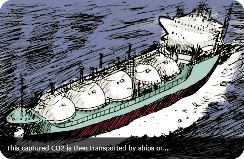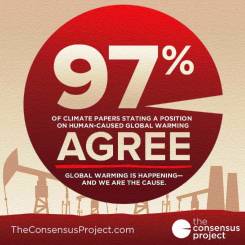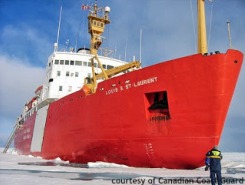By Jutta Wolf | IDN-InDepth NewsReport
BREMERHAVEN, GERMANY (IDN) – A special meeting of the 25 Members of the Commission for the Conservation of Antarctic Marine Living Resources (CCAMLR) concluded in Bremerhaven, Germany, on July 16, 2013 without achieving any agreement.
The reason, according to the Antarctic Ocean Alliance (AOA), was the Russian delegation’s blocking of proposals for the two largest ocean sanctuaries in the world in pristine Antarctic waters. Subsequently, “an extraordinary opportunity to protect the global marine environment for future generations” had been lost, AOA’s Steve Campbell said.










